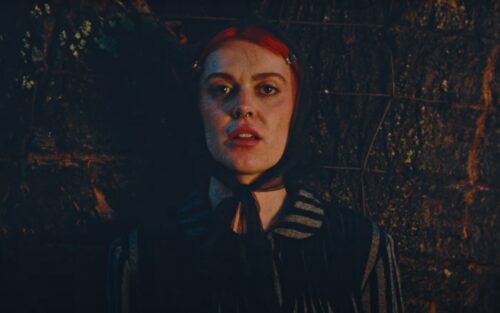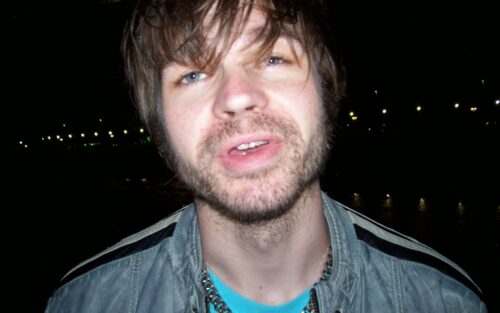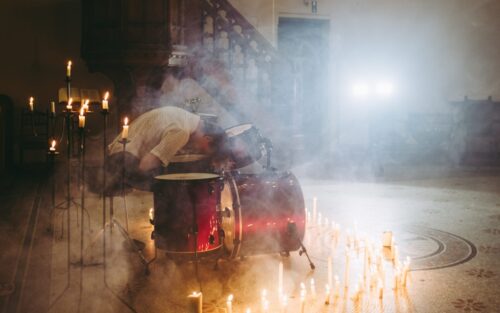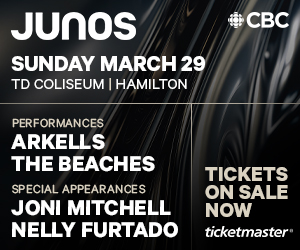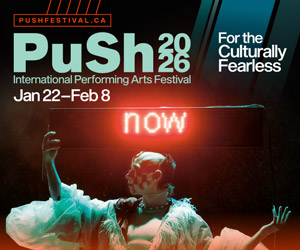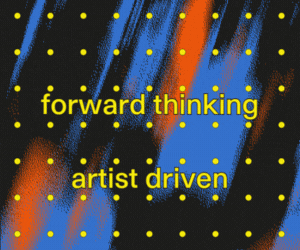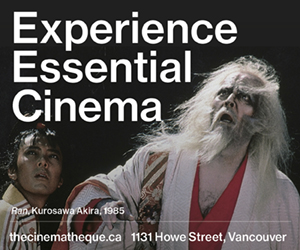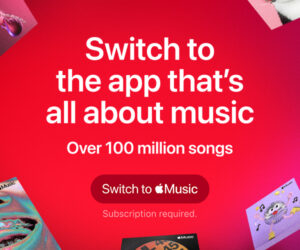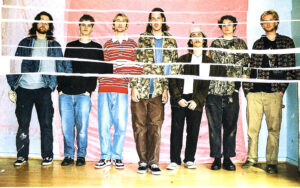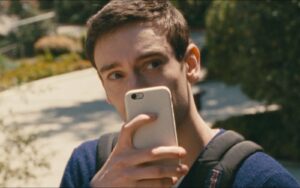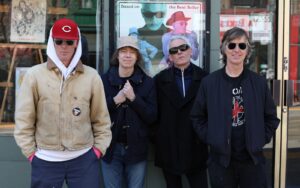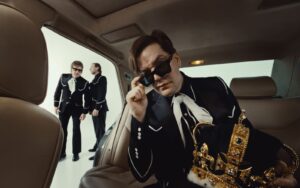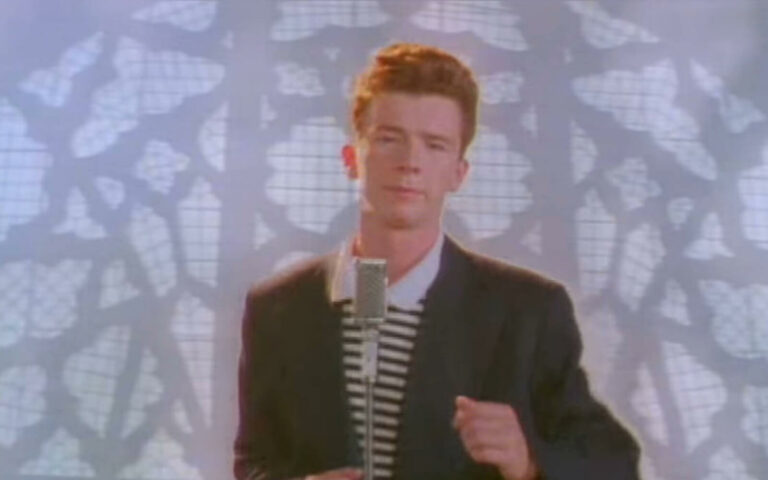
A Rickroll Retrospective
A definitive history of some of the most impressive Rickrolls of all time, and why the phenomenon has proved so inescapable.
by Ben Boddez
- Published on
Renowned for his deep baritone vocals and the surprising amount of soul coming from a red-haired singer with decidedly awkward dance moves, UK singer Rick Astley’s journey from pop star to online prank subject to post-ironic success story is the stuff of legend.
Recruited to be a solo act by record producer Pete Waterman after he caught him performing a small-scale gig with his original band FBI at age 21, Astley is gearing up to release his ninth studio album, Are We There Yet?, 36 years later – and he’s still fully capable of laying down a catchy hook over a pop-soul backdrop. In honour of Astley’s enduring legacy, we’re taking a look at the history of the meme that finds us never able to give him up.
While most online memes come and go in a couple months, the Rickroll, which first reached popularity in 2007, is still going strong despite being a relic from near the advent of YouTube. This was a time when home videos and sketch comedy dominated, and the most subscribed channels racked up numbers closer to a single hundred thousand, rather than the hundred millions of today.
The joke was simple: an unsuspecting person perusing a forum or how-to guide was promised a video that had to be seen to be believed, a new and exciting trailer, or a helpful link to solve all of their problems, instead being met with the opening chords of a 1987 smash hit single and a fresh-faced Astley shuffling from side to side in a trench coat when they actually clicked on it. The bait-and-switch prank has evolved over the years, but the heart of it endures.
As for Astley’s own thoughts on it, he initially dubbed it “bizarre,” his only concern being for his daughter’s potential embarrassment. In recent years, however, he seems to have fully embraced it, quoting lyrics in announcements and even joining TikTok – or as he dubbed it, #RickTok – during the pandemic, honouring his classic with a new dance that racked up 23.9 million views.
The Early Years
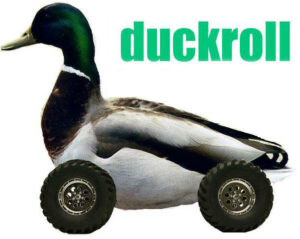 Whether you’ve been infuriated by it or developed an ironic love for the joke over the years, the etymological origins of the term “Rickroll” are likely lost on many. The Rickroll had its humble origins on the often-questionable online forum 4Chan, after the site’s moderator, known as m00t, jokingly put a seemingly innocuous filter across the website in 2006. The filter replaced anyone attempting to type the word “egg” with the word “duck.” When an unsuspecting user tried to engage in a discussion about egg rolls, their subsequent post about “duckrolls” caused another user to respond with an image of a duck on wheels. This image, in the unpredictable ways of the Internet, spread like wildfire.
Whether you’ve been infuriated by it or developed an ironic love for the joke over the years, the etymological origins of the term “Rickroll” are likely lost on many. The Rickroll had its humble origins on the often-questionable online forum 4Chan, after the site’s moderator, known as m00t, jokingly put a seemingly innocuous filter across the website in 2006. The filter replaced anyone attempting to type the word “egg” with the word “duck.” When an unsuspecting user tried to engage in a discussion about egg rolls, their subsequent post about “duckrolls” caused another user to respond with an image of a duck on wheels. This image, in the unpredictable ways of the Internet, spread like wildfire.
As the duckroll image became what a prank victim could expect to see every time they were gullible enough to click on a link that seemed too good to be true, the person responsible for its morph into the eventual Rickroll was a 19-year-old who happened to be stationed in Korea at the time, serving in the U.S. Air Force. Shawn Cotter was his name, and Grand Theft Auto was his game.
In its relative infancy, YouTube wasn’t yet the go-to site for quick sharing of a new product or music video, and when the first trailer for Grand Theft Auto IV dropped – exclusively on the Rockstar Games website – so many people wanted to see it that it crashed their page. Turning to 4Chan for help, they were instead met with Cotter’s link, his promise of a way to view the trailer instead directing them to a video titled “RickRoll’D” on his personal YouTube channel.
While it was common for many victims of the Rickroll to let out a groan and quickly exit before they heard too much of the song, Cotter’s reasoning for choosing it, contrary to popular belief, wasn’t because he thought the song was bad (because as we all know today, its cheesy pop charms are too infectious to deny). Actually, as he admitted to Vice in 2022, Cotter was simply searching for a list of songs that were popular in the year he was born, “Never Gonna Give You Up” being the first one to come up for the 1987 list he discovered.
As the Rickroll picked up more mainstream steam, some other early instances of forcing Astley’s smiling face in front of an unsuspecting public came later that year and into early 2008. One of the biggest iterations on the meme was “BarackRoll” – which spliced up speeches of then presidential hopeful Barack Obama to make him sing Astley’s song, and which Astley himself has said is his all-time favourite version of the meme.
Later, an online campaign forced the 2008 MTV Europe Music Awards to include Astley’s name alongside Britney Spears, Green Day, Christina Aguilera and U2 for a unique award that they simply dubbed “Best Act Ever.” When the online public caught wind of such a strongly-worded honour, they made sure that it went to their new king of pranks.
Astley himself acknowledged the meme for the first time at the 2008 Macy’s Thanksgiving Day Parade, emerging from an unrelated float to perform the song to the crowd in what became the first live and in-person Rickroll of many. As we all know, however, when a meme goes big, it’s often dead as soon as a late-night show, an ad campaign or a politician references it. The Rickroll had all three, but something about it kept it around.
The Rickroll Goes Global
The first sign that the Rickroll was about to become known to all was when YouTube itself made all videos on its home page link to Astley’s song for the 2008 April Fools Day. In the years that followed, some of the most notable public Rickrolls created thousands upon thousands of victims after being played at sports stadiums – in the middle of a traditional “Sweet Caroline” singalong, for example, or to rattle the opposing team.
Unexpectedly – though perhaps it was to be anticipated after the Obama video – one of the song’s biggest public forums after becoming a known factor was in the world of American politics. Obama played it instead of a promised video of a baby future president at the White House Correspondents’ Dinner, and Nancy Pelosi slipped it into a cat-filled ad for the White House’s YouTube channel. The song even had the potential to reach across party lines: a bipartisan group of Oregon legislators came together to create a video – proclaiming that they “won’t give up” on Oregon – after including lyrics in their speeches.
The best political example, sticking true to the prank’s original spirit, had to have been a reply from the White House’s official Twitter account in 2011. After a user complained that their correspondence briefing wasn’t as exciting as he’d hoped, they replied “Sorry to hear that. Fiscal policy is important, but can be dry sometimes. Here’s something more fun,” posting a TinyURL link that led exactly where you’d expect.
Rickrolling for ideological reasons wasn’t only limited to politicians, however. The activist collective Anonymous have turned to it twice, first showing up to Church of Scientology headquarters all over the globe with boomboxes, blasting the song to protest the church’s censoring of videos critical of them. Later, in 2015, they combated ISIS’ growing online presence by filling up their hashtags with videos of Astley.
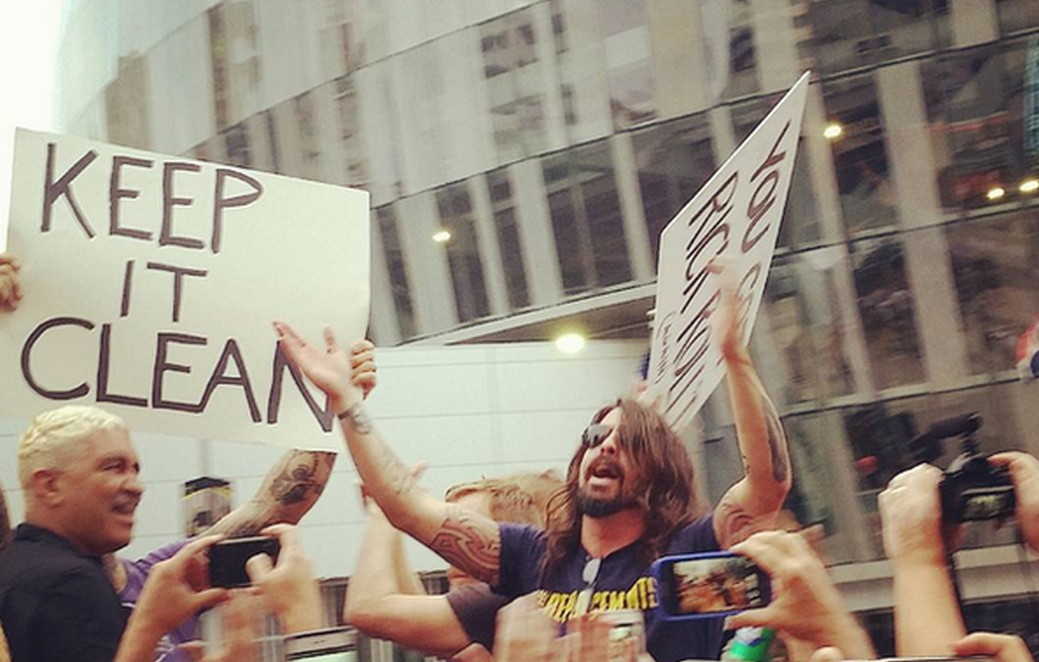
Dave Grohl and the Foo Fighters RickRoll a Westboro Baptist Church protest in 2015.
Another notably controversial group, the Westboro Baptist Church, was actually acted upon by the Foo Fighters – a band who have often shown their love for the song by covering it and mashing it up with “Smells Like Teen Spirit” at their concerts, even performing with Astley at a 2017 music festival in Japan. Countering their offensive picket signs at one of their shows, the band showed up with signs of their own, reading “You Got Rickrolled,” while playing the song. As Grohl himself said in a later interview, “Nothing says love like a little Rick Astley in your life.”
Rickrolling was even a part of the Wikileaks craze – a link purporting to be a controversial document revealing secrets about a mutually beneficial relationship between the United States and United Kingdom actually just linked to an official-looking page containing the song’s lyrics.
Rickroll Evolution
While instances of large-scale and notable Rickrolls were increasingly fewer near the end of the 2010s – there was even a 2018 article posted by Polygon titled “Westworld has finally killed the Rickroll” after the showrunners promised fans of the convoluted and fan theory-ridden HBO TV show that they would release a video spoiling the events of its second season, allowing theorists to start speculating early. Instead, they posted a video of star Evan Rachel Wood, in character, singing Astley’s hit. But any truly great meme needs to come around to its post-ironic phase, and the COVID pandemic seemed to kick it off.
Not only did Astley make his aforementioned return to the limelight with his TikTok account – also posting a number of covers from his home to join in with the trend of many other singers doing the same – but the boom of Zoom and life moving to a fully online state created more opportunities for Rickrolls in class, conference meetings, and the like, all to be posted triumphantly after a success.
It was clear that things had come full circle when we saw the first confirmed instance of Astley himself getting Rickrolled in June 2020. Astley had created a Reddit thread after posting a throwback photo of himself on a bike during his first tour, and one prankster rose to the top with a post proclaiming that he had met Astley backstage at age 12 – of course, adding a fraudulent link to a photo. Astley admitted that the dupe had succeeded, ultimately becoming the year’s most upvoted post site-wide.
As society moved onwards, pranksters had to adapt. As the collection of letters in the links to Rickroll videos became increasingly recognizable, many jumped to the technology of QR codes. The most impressive of all had to have been a Texan’s ploy to create a QR code linking to the music video constructed of 300 drones above the Dallas skyline.
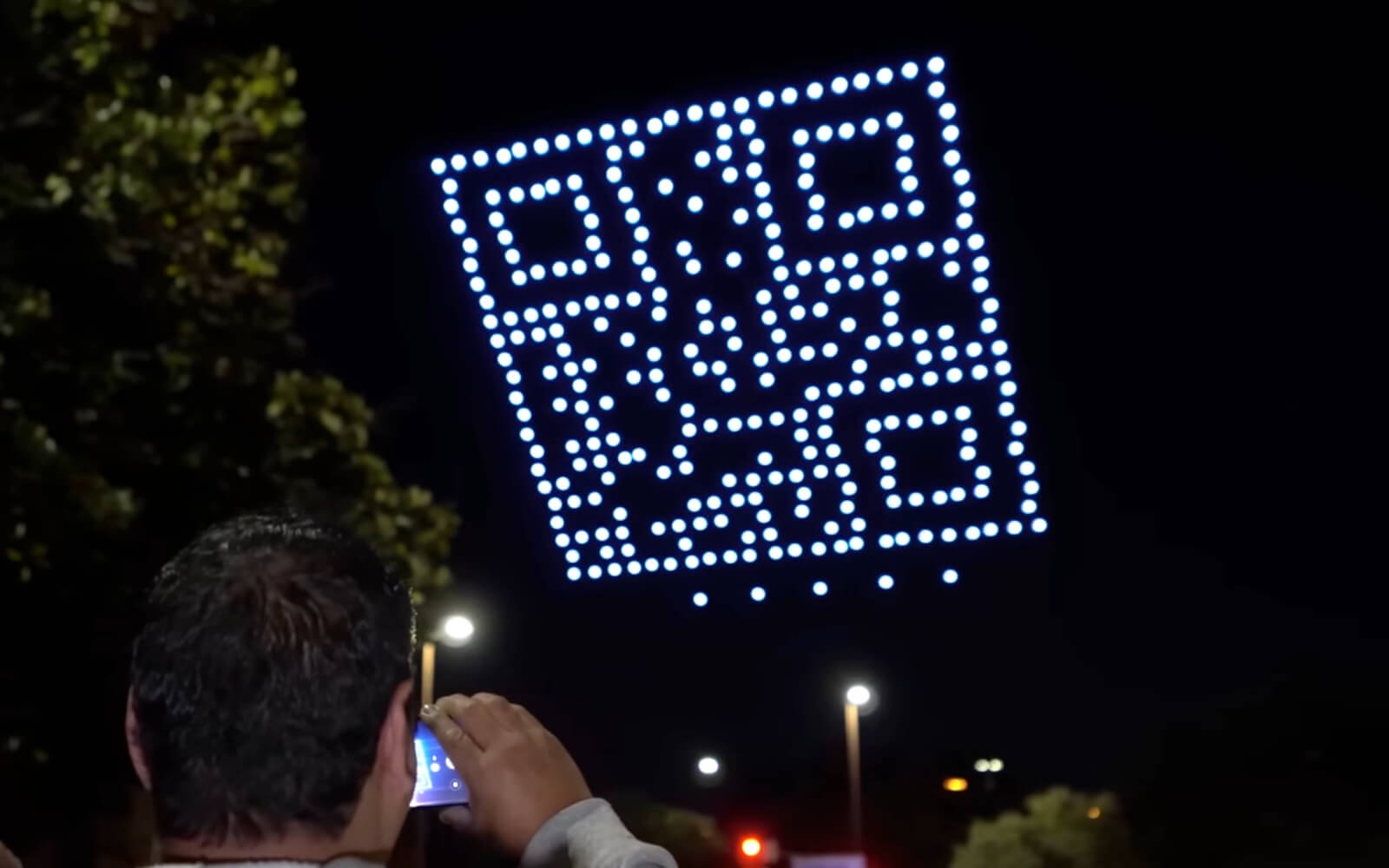
A mysterious QR code made up of 300 drones appeared over the downtown Dallas skyline, directing anyone who followed the link to Rick Astley’s hit single, “Never Gonna Give You Up.”
In recent years, titans of pop culture as diverse as climate activist Greta Thunberg – who was only four years old when the meme was born – and rapper Yung Gravy have Rickrolled their wide audiences, the former doubling up in 2021 with a posted link to a “climate-related video” and a speech where she included the lyrics, and the latter getting into legal trouble with his song “Betty (Get Money),” featuring a heavy interpolation of Astley’s hit that featured a singer imitating Astley’s vocal tone in lieu of paying for a sample.
All in all, if we had to name a top Rickroll of all time, the most unbelievable has to come from the public figure you might expect least: the leader of the Catholic Church. During his annual sermon delivered at the Pentecost Mass last year, Pope Francis arrived on his balcony to the sweet sounds of Astley’s synths. To see the most truly surreal and unbelievable Rickroll yet, just click here.
At the end of the day, not only has Rickrolling been kept around all these years because it’s a great joke, but there has to be some degree of acceptance that after all this time, the track that went to number one in 24 countries has some degree of enjoyment to it, whether it’s ironic, unironic, or even post-ironic. While Astley continues to dance on our screens and deliver new tunes well into his 50s, it’s clear that he’s never going to let us down. And he certainly won’t run around or desert us.
By Stephan Boissonneault
Nate Amos revisits a decade of stray ideas and turns them into his most compelling record yet.
By Khagan Aslanov
Mike Wallace’s electro-punk project premieres the hypnotic, percussion-driven video for "Certain Days."

